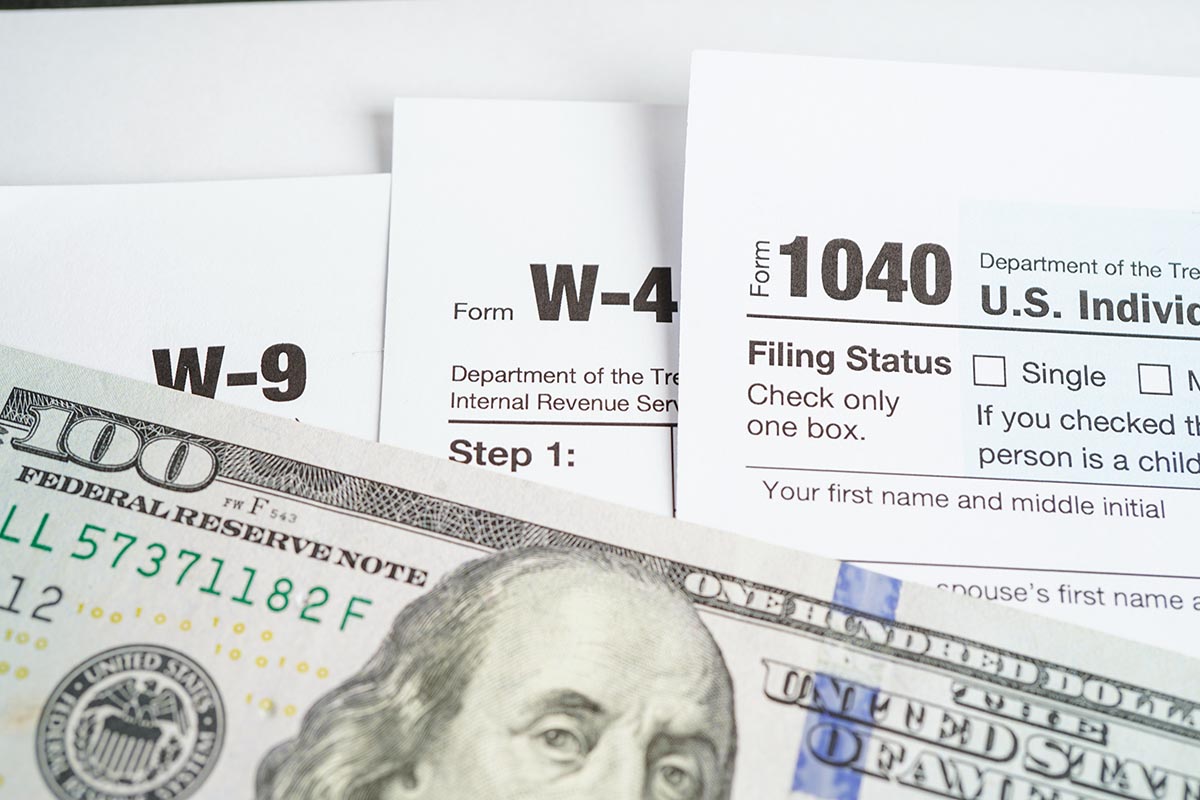Confused About Your Real Estate Investment and Doing Taxes? Read This
Real estate investments offer tax benefits, including depreciation, 1031 exchanges, and mortgage interest deductions. Monitoring deductions is crucial for optimizing profits, but what does it all mean?
An investor’s primary challenge lies in selecting strategies tailored specifically for them and their situation. In this article, I will cover real estate investment tax information which will allow you to minimize taxable income at tax time as well as help with other details.
Depreciation
Depreciation is based on the idea that assets, including real estate, have finite useful lives. A car, for example, wears out over time as its value decreases over time; similarly buildings used as rentals wear out due to usage. Under depreciation rules, owners can write off some of this loss every year while lowering their tax burden overall.
Depreciating both commercial and residential rental property involves various methods for calculating depreciation. These may take the form of either using time as an indicator or looking at usage. A popular technique for doing this is the straight-line method, which divides an asset’s cost by its expected useful life and subtracts that figure from overall costs incurred in maintaining it; the IRS expects such assets to last 27.5 years before being depreciated accordingly.
If a property is sold before its expected useful life has expired, any remaining depreciation is recaptured and taxed as ordinary income at a maximum rate of 25% – designed to prevent investors from taking too many deductions early that might increase taxes later. This won’t be much of an issue if investors sell quickly, but we should keep this in mind if holding real estate investments for long periods.
Real estate investors can take advantage of various tax benefits for real estate investments beyond depreciation, including the new market revitalization credit and qualified small business investment deduction. To take full advantage of them, however, accurate records must be kept to support any deductions claimed.
Real estate investment can be an excellent way to generate passive income and reduce yearly tax obligations. Before investing, however, it is critical to consult a tax professional in order to understand all available deductions and rules in order to avoid being audited by the IRS. Connect Invest can provide all of the resources you need in order to succeed as an investor; sign up for our newsletter now in order to stay abreast of industry updates – our knowledgeable advisors are on standby at all times to answer any queries!
Interest
Real estate investment provides many tax benefits, such as depreciation and mortgage interest deductions. It can be an excellent way to expand your wealth and achieve financial goals; however, investors must understand any possible tax pitfalls before making major decisions about investing.
To ensure you claim the correct amount on your taxes, you must keep meticulous records of all transactions and expenses associated with your property investments. Doing this will allow you to avoid mistakes while reaping all the benefits of investing. Keeping these records could prove important if ever audited by the IRS for supporting deductions claimed against them.
Your investment property type has an enormous effect on your taxes, too. For instance, owning commercial real estate may result in higher tax rates compared to investing in residential properties, and according to this article, you also may need to amortize its costs over 27.5 years, which reduces annual depreciation deductions.
An important decision when investing is deciding between active or passive investment. An active investor will typically oversee all daily operations of their properties while being directly responsible for management, while passive investors typically hire management companies to handle maintenance and operations while only being involved with the investing process itself. Passive activities have different rules than active investments, which could limit how many tax deductions you can claim on losses related to rental property losses.
Why You Need a CPA
Beginning accounting can be daunting for those without much prior experience, which is why having a CPA take care of all your financial and tax filing needs could be invaluable for businesses.
While it is possible for individuals to file their taxes themselves, consulting with a CPA to set up their business properly can save both money and penalties from the IRS in the long run. If your business needs financing, consulting with a CPA such as those at adviseretax.com before applying for loans can help determine if financing would benefit its long-term goals. Not only that, but it will help you prepare financial statements to present to lenders.
If significant changes are occurring within your business, such as purchasing another company, merging with an existing one, selling or closing down, you must seek advice from a Certified Public Accountant in order to understand what the repercussions might be for both yourself and the business itself. A CPA can assist with analyzing financial records or verifying assets when purchasing another firm and can prepare the necessary documents and calculate values when selling or closing down.



















